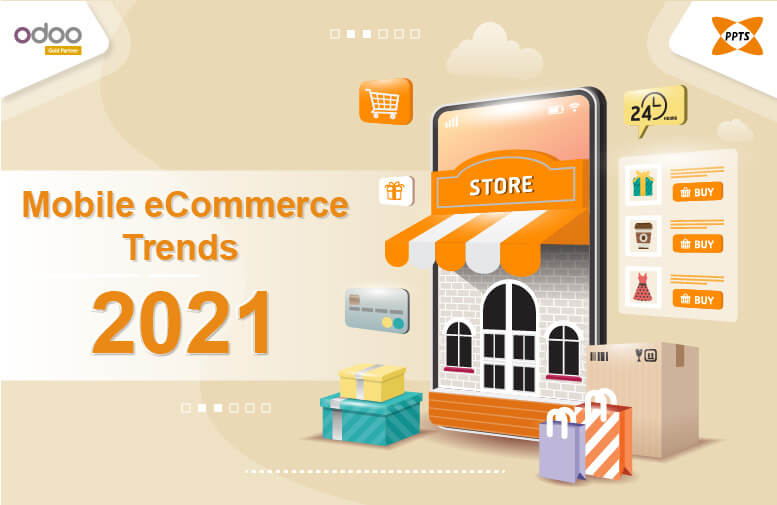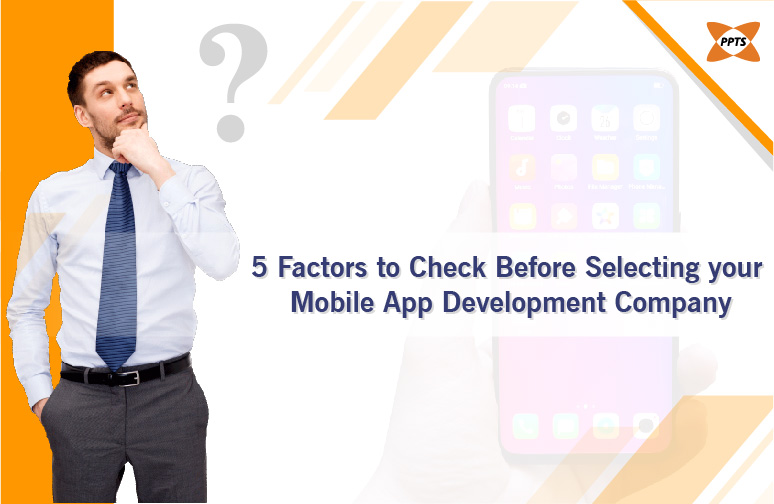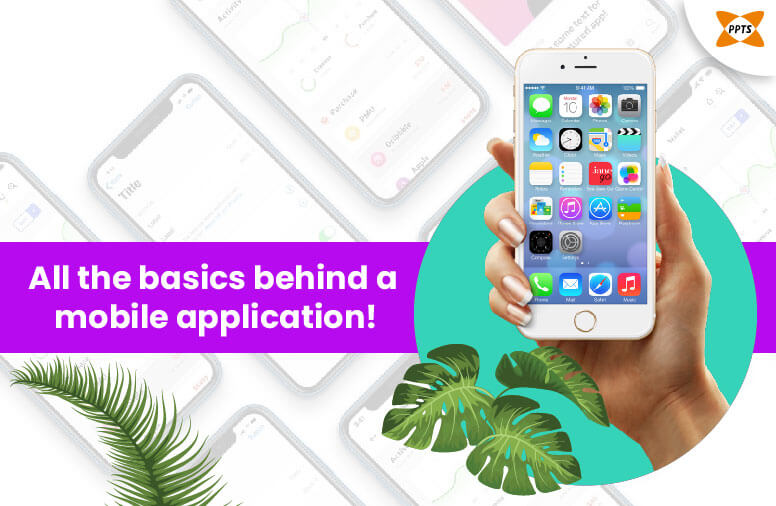Artificial Intelligence (AI) has transitioned from a futuristic concept to a foundational element in today’s technological landscape. In 2025, AI’s influence penetrates various sectors, with web and mobile app development as prime beneficiaries.
Businesses that want to thrive in the market are now AI-integrated, and their digital solutions are no longer optional but a mandatory one. On the other hand, AI infusion can streamline and enhance user experiences, streamline manual operations, and predict the future with enough data.
Having said that all and done, in this blog, let’s understand how AI is infused in web and mobile development and what the future aspects of the technology are moving forward.
The Role of AI in Modern Development
Integration into Development Workflows
AI is involved in the workflows of development life cycle of a website and how they are represented in the workflows in detail:
- Requirement Analysis: AI solutions have superpowers to predict and enhance insights with huge chunks of data
- Design & Prototyping: Based on the user’s hot spot, AI can suggest UI/UX changes to the web and mobile app development.
- Development: AI assists in code generation, error detection, and optimization.
- Testing: Testing can be automated by AI and suggest potential risks to enhance operations in large sites.
- Deployment & Maintenance: AI monitors app performance, predicts downtimes, and suggests improvements.
Core AI Capabilities in App Development
- Automation: It helps in minimizing the manual tasks and boosts the project completion timeline.
- Personalization: It is perfectly monitored and addressed for specific users.
- Predictive Analytics: Forecasts user behavior and system performance, enabling proactive adjustments.
AI in Web Development
AI-Powered Design and User Experience
Modern websites adapt in real-time to user interactions. AI analyzes user behavior, adjusting layouts, content, and navigation paths to optimize engagement. For instance, if a user frequently visits a particular section, AI can prioritize that content on subsequent visits.
AI-Driven Content Creation and SEO
AI tools aid marketers and developers in content creation as well as SEO. They can optimise content for search engines by monitoring or analysing competitors, user query and search intent.
Automation in Coding and Testing
AI-powered platforms like GitHub Copilot assist developers by suggesting code snippets, detecting bugs, and optimizing code structures.
In testing, AI identifies potential vulnerabilities and performance bottlenecks, ensuring robust and secure applications.
Emerging Trends
- Voice Search Optimization: Optimising websites for voice search queries, as voice search assistants are increasing in numbers, becomes mandatory for companies in the future.
- AR/VR Integration: AI enhances augmented and virtual reality experiences, making them more immersive and interactive.
- Low-Code/No-Code Platforms: AI simplifies development, allowing non-technical users to build functional web applications.
Performance and Security Enhancements
AI continuously monitors website performance, detecting anomalies and potential threats in real-time. It predicts traffic surges, allocates resources accordingly, and safeguards against cyberattacks.
AI in Mobile App Development
Personalized User Experiences
AI utilises data and predicts user behaviour that, in turn, helps in producing user-specific content, which results in more engagement. This way, it is helping marketers and developers to scale up their team’s revenue.
AI-Powered Chatbots and Virtual Assistants
Introducing AI-driven chatbots will enhance customer support, providing quick responses to solve user queries and help them find solutions. Right now, they may not be at their fullest potential. These virtual assistants learn from user interactions, improving their accuracy and efficiency over time.
Security Improvements
AI strengthens app security through biometric authentication, anomaly detection, and real-time threat analysis. It identifies suspicious activities, prevents potential breaches, and ensures user data protection.
Advanced Functionalities
- Image Recognition: AI enables apps to identify and process images, useful in sectors like retail and healthcare.
- Smart Navigation: AI provides optimal routes, considering real-time traffic and user preferences.
- Voice Commands: Enhances accessibility, allowing users to interact with apps hands-free.
Integration with Emerging Technologies
AI improves app performance and user experiences by working in tandem with technologies like 5G, AR/VR, and cross-platform tools. For instance, AI-driven AR apps offer real-time object recognition and interaction, revolutionizing sectors like e-commerce and education.
Benefits of AI Adoption in Development
- Increased Efficiency: AI automates repetitive tasks, reducing development time and costs.
- Enhanced User Engagement: Personalized experiences lead to higher user satisfaction and retention.
- Cost Reduction: Automation and predictive analytics minimize resource wastage and operational costs.
- Democratization of Development: Low-code/no-code platforms empower non-developers to create applications, broadening innovation horizons.
Challenges and Considerations
Ethical Concerns and AI Bias
AI systems can inadvertently perpetuate biases in training data, leading to unfair outcomes. It’s crucial to ensure diverse and representative datasets and implement fairness checks.
Dependence on AI Tools
Over-reliance on AI can diminish human oversight, potentially overlooking nuanced issues. Balancing AI automation with human judgment ensures optimal results.
Data Privacy and Security Implications
Large volumes of data are needed for AI systems, which raises privacy issues. It is crucial to put strong data protection procedures in place and adhere to laws like GDPR.
Future Outlook
AI’s role in development will go further beyond 2025 and more:
- Hyper-Personalization: Apps will anticipate user needs, offering proactive solutions.
- AI-Driven Development: AI will handle more complex development tasks, from architecture design to deployment.
- Enhanced Collaboration: AI tools can help streamline operations, which in turn adjust by making the teams collaborate seamlessly.
Businesses that embrace these advancements will gain a competitive edge, delivering superior digital experiences.
Conclusion
AI is transforming web and mobile app development, offering unprecedented opportunities for innovation and efficiency. By integrating AI, businesses can deliver personalized, secure, and high-performing applications that meet evolving user expectations.
At PPTS, we harness the power of AI to craft solutions that drive business success. Partner with us to navigate the future of application development.
Note: For more information on our services, visit our Web & Mobile App Development page.






